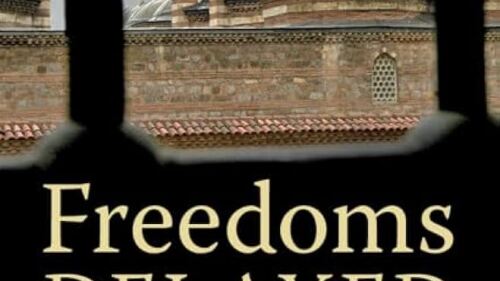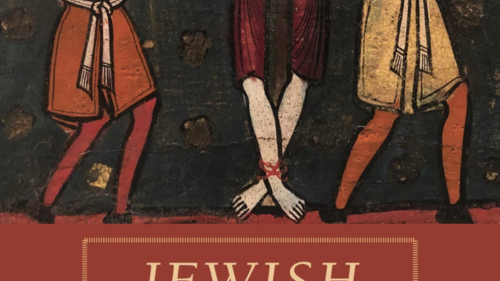Prince Bandar bin Sultan of Saudi Arabia is arguably one of the preeminent diplomats of the past fifty years because he was closely involved in a daunting number of major modern political events including the Lebanese civil war, the Iran-Contra affair (at Washington’s behest, Bandar donated more than $1 million a month to the Contras), and the 1991 Kuwait war. Bandar displays brilliant diplomatic skills that would make this book an excellent primer for those tasked with international diplomacy.
A keen observer of both the Middle East and the West, Bandar offers a number of thought-provoking observations. For example, discussing the latitude afforded to the Western press during wartime, Bandar states: “You have the luxury in America of treating military operations like Boy Scout camps.” In claiming that people should not push for “details of military operations,” Bandar asserts that “you cannot afford to talk about it like it was a football game.”
Simpson’s friendship with Bandar began when they both attended the Royal Air Force College Cranwell in the United Kingdom during the late 1960s, and Simpson has produced an engaging narrative about the prince. However, the book is marred by its failure to discuss Saudi society in any detail. The short history of Saudi Arabia, for example, fails to mention Muhammad ibn Abdul Wahhab. And although he many times cites the importance of Bandar’s religion, Simpson never hints that there may be something distinctive about Islam as practiced in Saudi Arabia. As a result, Simpson can never drive home his claim that Bandar serves as a capable bridge between East and West.
Worse, he sometimes takes a propagandistic tone. Writing of post-9-11 media coverage of Saudi Arabia, Simpson asks: “Were charitable donations within Saudi Arabia reaching terrorists? Were Saudi-funded madrassas … preaching an anti-Jewish culture of hate and providing a fertile breeding ground for terrorists?” Although most informed observers would answer both questions affirmatively, Simpson dismissively states, “The tenor of the media coverage emitted the ugly scent of intolerance.” This perfunctory defense of Saudi Arabia is complemented by wooden stereotypes of Bandar’s political opponents. At one point, he even refers to “the neo-con cabal” in President George W. Bush’s administration that “consistently thwarted efforts to achieve a just settlement to the Palestinian problem.”
This biography is worth reading for its portrait of a towering political figure and his diplomatic insights; it is no place to look for political wisdom.



